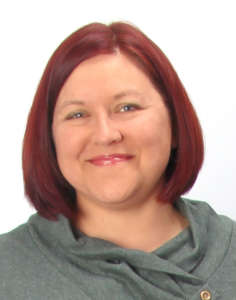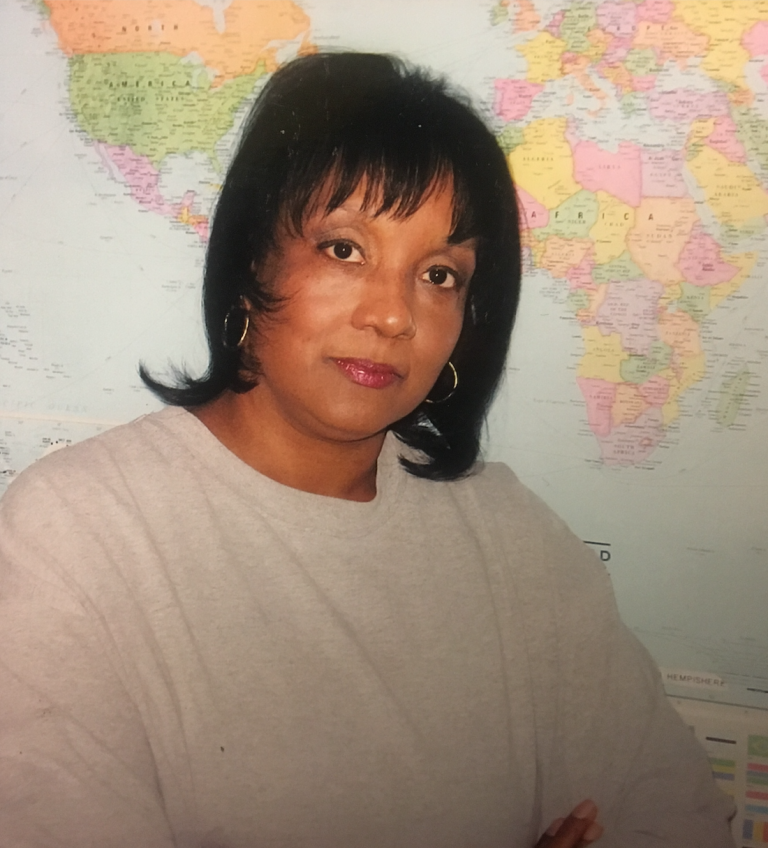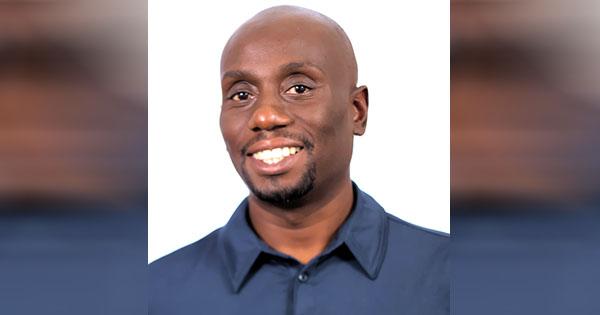Opinion: A Year of Opportunity In the Face of Catastrophe
Written by Kristina Nohe
Sixty-six million years ago an asteroid streaked across the sky and changed everything. It brought an end to the age of the dinosaur. In fact, it brought an end to half of all life on planet earth. As students prepare to return to school, many parents can probably sympathize with those long dead brontosauruses who watched as soot started to blackout the sun making one thing clear: life was never going to be the same.
It took 4 to 9 million years for life on earth to return to pre-asteroid levels, and when it did, it was completely different. Mammals, once small, weak creatures living mostly underground, experienced an evolutionary explosion beginning a chain reaction that eventually led to us. The asteroid which was a catastrophe for the dinosaurs was a miracle for people.
Today we are facing our own potentially cataclysmic event, and we have to ask ourselves, “When the dust settles will we be the dinosaurs or the mammals? Will we evolve or perish?” Nowhere is this question more pressing than in regards to our educational system.
Many are clamoring to return to the old ways of doing things: children in desks, learning from textbooks constructed to reach the widest audience, so they can take standardized tests. But what if that is just dinosaur thinking? What if the proverbial light streaking across the sky is not leading to our demise but towards our enlightenment? Cataclysmic events break the inertia of the old ways making room for improvement.
Current events have made it clear that, as a country, we do not have a firm grasp on our national history. Whether it be that the Spanish flu of 1918 actually started in Kansas or that the Civil War was about slavery, our national debate has shown a woeful lack of collective knowledge about our past. This epidemic gives parents an opportunity to change that oversight.
With students at home, parents should look through their student’s textbooks. Who is being featured? Is there a racial and gender balance? Are people of color peripheral players or integrated into the overall story of our country? Is Nat Turner the only slave identified by name? Are the Seneca Falls Convention or the Niagara Movement mentioned? Is Rosa Parks portrayed as simply too tired to change seats?
More than likely, parents will find women and people of color riding in the sidecar of history; this is where the catastrophe and evolution meet. The whole of human knowledge is just a few clicks away, and a single web search will unleash a tsunami of information about people who have been left out of our traditional American history books: Sequoyah, Gabriel Prosser, Denmark Vesey, Robert Smalls, Harriet Jacobs, Marcus Garvey, Mary McLeod Bethune, Sylvia Mendez, Mary Church Terrell, and on and on. Students can read about the 1811 German Coast Slave Uprising, Red Summer, and the Great Migration. They can go beyond Martin and Malcolm in their understanding of the Civil Rights Movement and read about Claudette Colvin, Massive Resistance, the Children’s March, and the Boston Bussing Crisis. Parents and students have the opportunity to abandon the limitations of a textbook written to appease the broadest audience of decision-makers, and instead, delve into the diverse complexities of our collective history.
Distance learning can allow parents to integrate more diversity into their children’s education. At all levels, they can ensure children are exposed to authors of color. Even though the number of children’s books featuring diverse characters rose from 9% a few decades ago to 31% in 2018, only 7% of children’s books were actually written by authors of color. Likewise, the vast majority of reading taught in American middle and high schools reflects a white canon of literature. This educational seismic shift could be where teaching to the test ends and teaching to the child begins by creating space for change.
This is not simply an opportunity for students of color to see themselves, it is a chance for white children to see beyond their privilege. All too often white parents believe that vague messages of equality like “we don’t see color” or “just treat everyone the same” are enough to stem the tide of racism. However, in many ways, these attitudes simply provide comfortable cover from having to reckon with not only our county’s past but also its present. It may be uncomfortable for white parents to delve into these subjects, but it is necessary. Parents would balk at a school that claimed it didn’t have time for Benjamin Franklin but accept that there is not space for Benjamin Banneker. This is our moment to change that.
Sixty-six million years ago, an asteroid reduced the giants who roamed the earth to chickens and raised up subterranean shrews to the apex of evolution. What makes a catastrophe is not the event but the reaction to it. As we begin the 2020-2021 school year we have the opportunity to evolve beyond what we were, and we should not miss it.
 Kristina Nohe is a writer and political activist with over 13-years of Homeschooling experience.
Kristina Nohe is a writer and political activist with over 13-years of Homeschooling experience.




